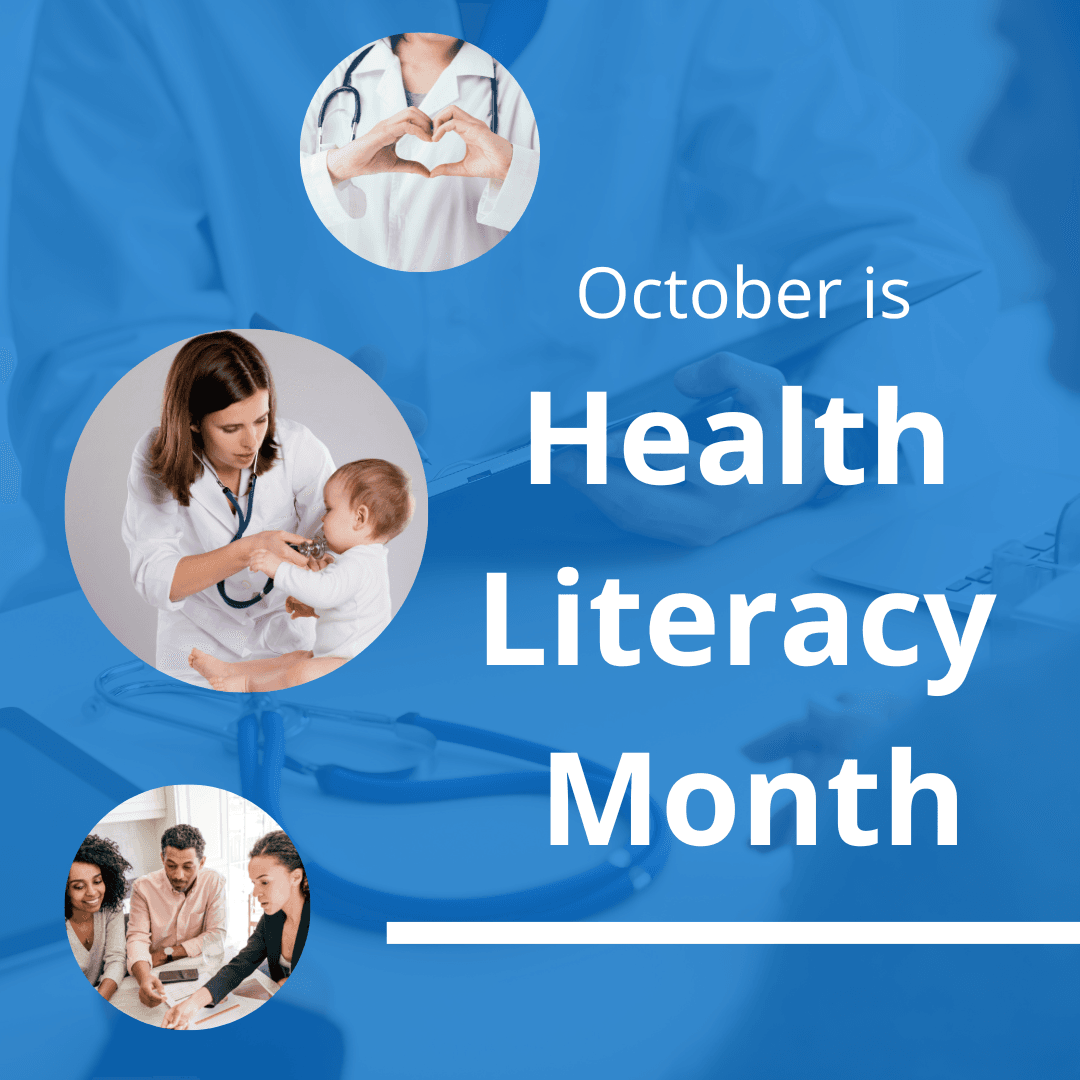
October is Health Literacy Month, and BSF is committed to support affected individuals and their families in expanding their health literacy. “Personal health literacy is the degree to which individuals have the ability to find, understand, and use information and services to inform health-related decisions and actions for themselves and others,” (CDC, 2020). The focus is on using health information rather than just understanding it. What exactly does this mean? Health literacy is first understanding your health status, then applying that understanding to inform questions and conversations as you navigate not only your care, but the broader world around you.
The responsibility of health literacy should not solely fall upon the individual because organizations and healthcare providers “should provide information and services people can understand and use most effectively with the skills they have,” (CDC, 2022). However, the communication of “risk” continues to be a challenge for both the healthcare provider and patient. According to the National Institute of Health, a number of factors can affect a person’s health literacy, including:
- Knowledge of medical words
- Understanding of how the health care system works
- Ability to communicate with health care providers
- Ability to find health information, which may require computer skills
- Reading, writing, and number skills
- Personal factors, such as age, income, education, language abilities, and culture
- Physical or mental limitations
While not all of these factors affect everyone, it’s important for providers to be sensitive to these issues.
Communication is key in developing health literacy, for individuals, caregivers, and providers. One significant barrier to effective communication is overcoming the fear of embarrassment. Patients listen to the directions or assessments from their healthcare provider but are sometimes too embarrassed to ask questions to confirm their understanding. “Everyone, no matter how educated, is at risk for misunderstanding health information if the topic is emotionally charged or complex,” (NIH, 2022). It’s important to ask questions so patients and caregivers should never hesitate.
We’ve collected some resources to help develop your own health literacy and provide insight into the expectations of healthcare providers. Click on a title below to access the resource.
Barth Syndrome Fact Sheet Library
A vast library of downloadable fact sheets covering specific Barth syndrome related health issues.
National Institute of Health (NIH)
An overview of health literacy research with a collection of links to educational resources
Centers for Disease Control and Prevention (CDC)
Resources to help better understand the tools and expectations of healthcare professionals.
Agency for Healthcare Research and Quality (AHRQ)
Resources for both healthcare professionals and patients.




